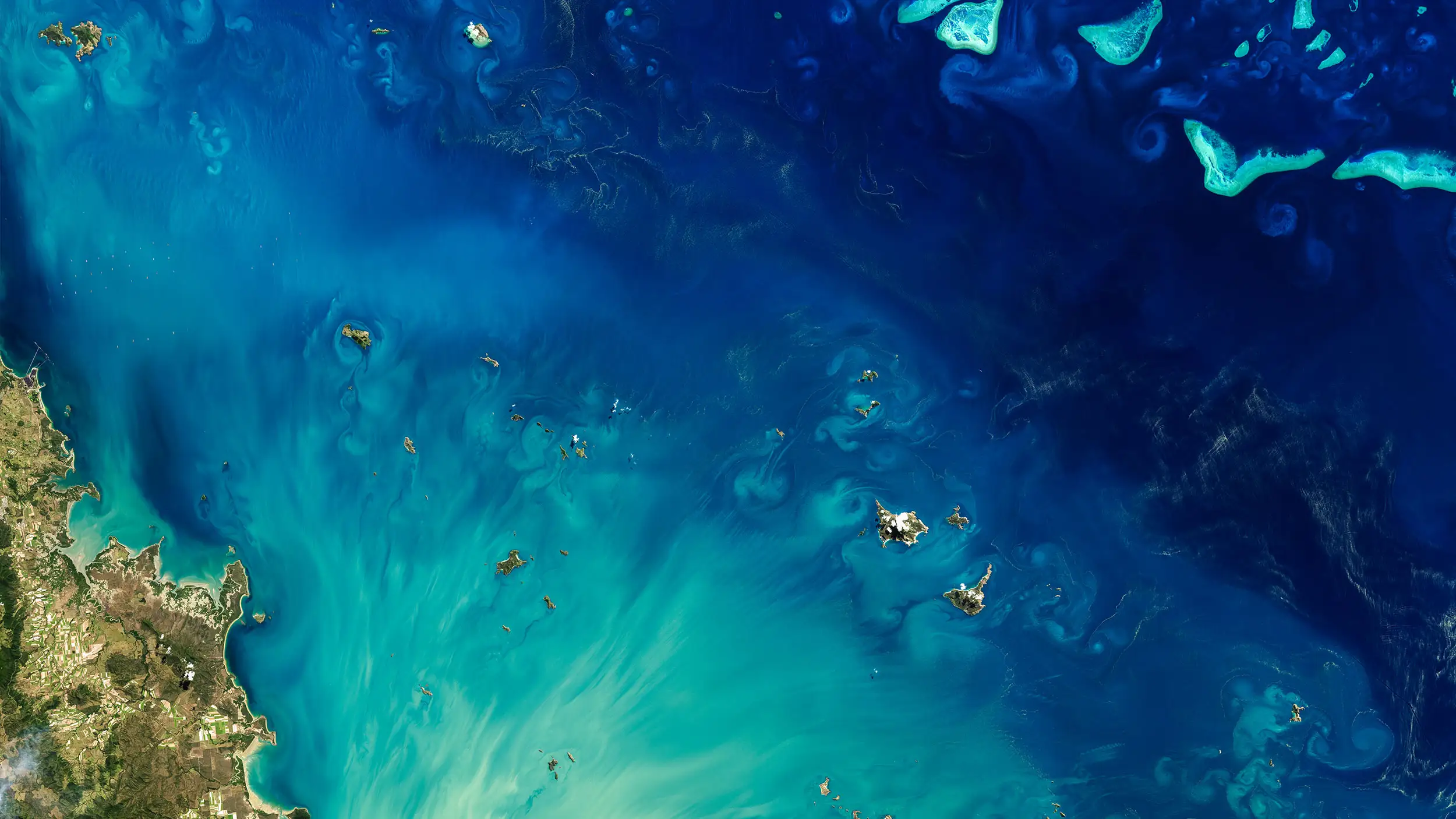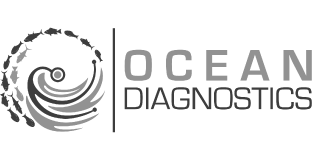Resources
Natural Ecosystems
OceanOmics
Revolutionising marine conservation by unravelling the ocean genome.
The problem
Thousands of marine species are considered threatened and extinction rates have accelerated significantly over the past century due to unsustainable pressures from human activities.
Our role & goal
Preserve and protect marine biodiversity.
Minderoo Foundation’s OceanOmics program is advancing marine genomics and environmental DNA (eDNA) technologies to bolster conversation efforts and enhance our understanding of ocean biodiversity through large-scale, sustained biomonitoring initiatives.
The ocean is at risk from existential threats, including climate change, unsustainable fishing practices, rising seawater temperatures, ocean acidification, pollution and more.
Mapping marine biodiversity and better understanding species distributions are fundamental to effective ocean conservation.

Deep dive
With over 80 per cent of Earth’s oceans remaining unexplored, we are yet to uncover everything there is to know about our sea life and the big blue.
eDNA technology provides a fast, cost-effective way to detect species without directly observing them, massively increasing our ability to monitor marine wildlife without harming it.
Read the full storyOur approach
We believe eDNA-based marine genomics and AI have the potential to form the technological basis for innovations that will transform how we measure, understand and ultimately conserve life in the ocean.
Working with global partners, we are pioneering the use of environmental genomics to vastly expand the scale and efficiency of data collection, analysis and reporting, enabling more effective monitoring and management of ocean wildlife. By developing tools collaboratively and making data openly accessible, we hope to empower conservationists, scientists and researchers, while fostering trust with stakeholders and the wider community.
How we are helping
Accelerating ocean biodiversity data collection using eDNA
Our main goal is to use eDNA to more accurately characterise and monitor ocean biodiversity at speed and scale. Together with partners, and with an initial focus on Australia’s marine ecosystems, we have enabled the collection of thousands of eDNA samples, and even tested at sea sequencing and genomic analyses for near real-time detection of marine vertebrates around the Australian coast.
To date, we have successfully collected and analysed eDNA samples across a diverse range of marine environments - from the Great Barrier Reef and Ningaloo Reef to the unique marine ecosystems of the Abrolhos Islands and the Indian Ocean Territories, the deep-sea habitats of Perth Canyon, as well as the nearshore waters along Western Australia’s south-west coast.
Improving resolution, accuracy and efficiency of DNA analysis
Environmental DNA holds immense potential for enabling comprehensive, scalable and near real-time cataloguing of ocean life across vast time and space.
By advancing and benchmarking innovative techniques for eDNA-based biodiversity surveys, we aim to produce robust biodiversity and population metrics across Australian waters and beyond.
Integrating these large-scale datasets with custom computational biology tools, machine learning/AI methods and advanced analytical models, is the key to rapidly extracting ecologically relevant information from eDNA. This approach enhances our ability to identify patterns and trends, make accurate predictions and derive actionable insights from complex and dynamic ocean ecosystems.
Creating a DNA library for thousands of marine species
To characterise ocean biodiversity based on eDNA we require a library of reference genomes. That way, we can look up the snippets of DNA found in seawater and identify the species present in our samples.
Unfortunately, to date only four per cent of the ~20,000 known species of marine vertebrates have had their genome completely sequenced.
We are working with leading organisations and sequencing technology developers to accelerate the generation of high-quality reference genome resources for marine vertebrates, aligned with the standards and quality metrics of global genome sequencing consortia.
Supporting ocean conservation and protection
Our work supports global targets to increase ocean conservation and protect the unique and intricate biology of our ocean.
We are contributing by developing new methods for detecting marine wildlife and monitoring marine ecosystems. This enables assessing the health of marine protected areas and helping governments and management agencies identify biodiversity hotspots and ecosystems in need of protection.
We are committed to ensuring technology and knowledge transfer, empowering decision-makers, management agencies, researchers, national and international partners, as well as local communities.










